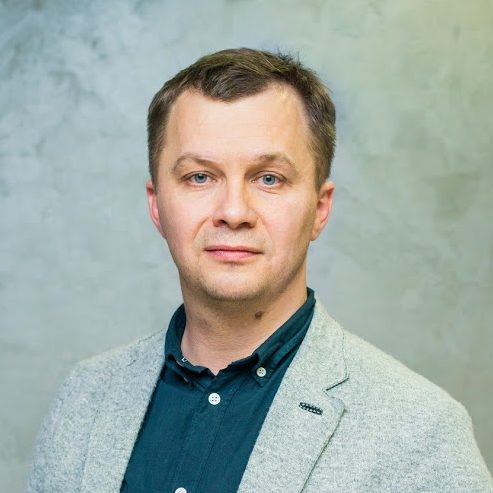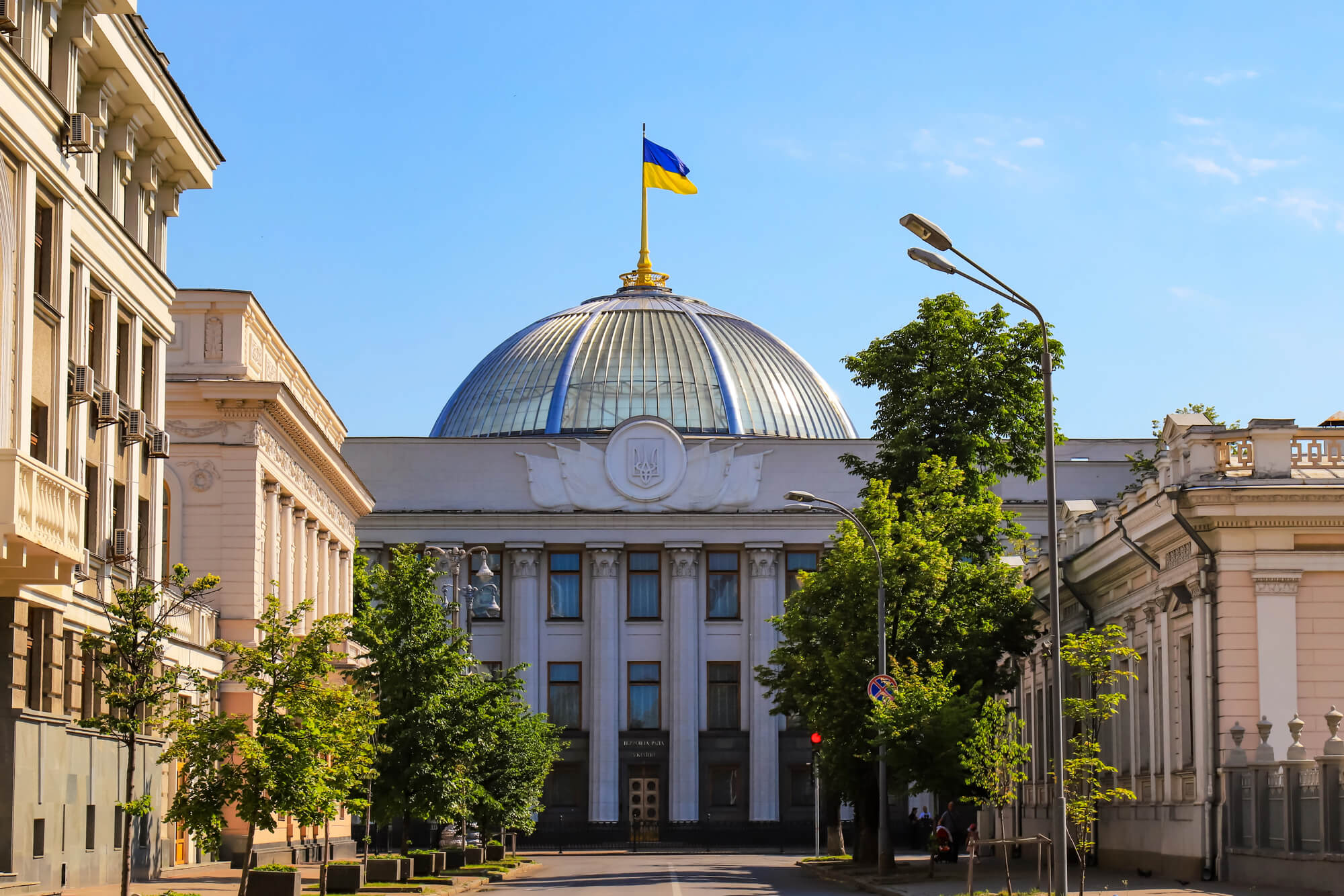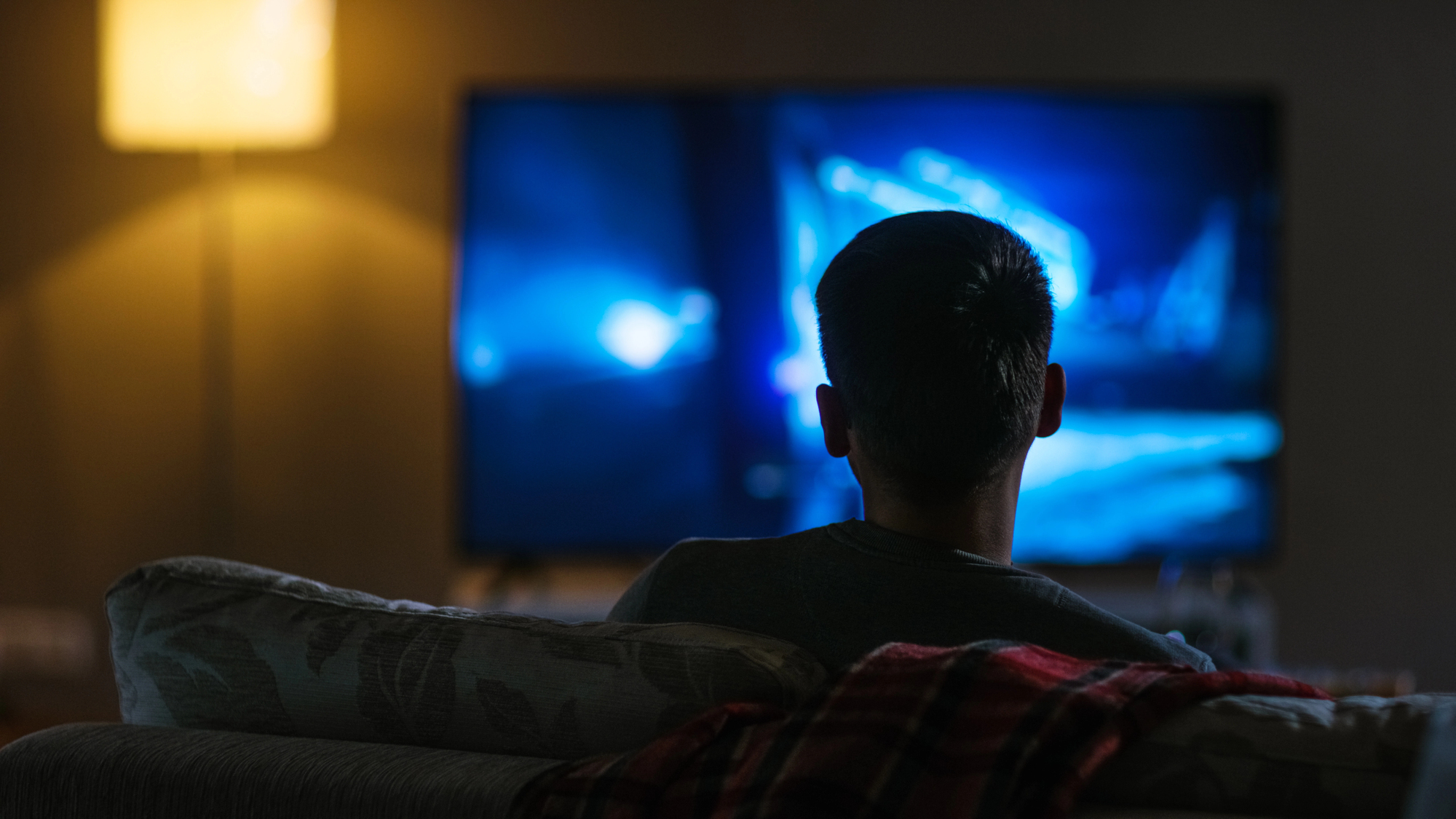While most people think that freedom of speech is a great good in a democratic society, there is much more disagreement on how much one should be allowed to say in times of war. The recent detainment of journalist Kotsaba—he declares that the war in eastern Ukraine is a civil war and calls for sabotaging draft into the Ukrainian army—underscores the importance of this debate in the current Ukrainian context. An open discussion about what constitutes treason when it comes to expression of views will protect the new but fragile Ukrainian democracy. It will also defend Ukraine against accusations that the country is turning into a police state.
While most people think that freedom of speech is a great good in a democratic society, there is much more disagreement on how much one should be allowed to say in times of war. The recent detainment of journalist Kotsaba—he declares that the war in eastern Ukraine is a civil war and calls for sabotaging draft into the Ukrainian army—underscores the importance of this debate in the current Ukrainian context.
The Kotsaba’s arrest has generated an intense discussion among Ukrainians with an astonishing diversity of positions. Many have expressed outrage ranging from Je suis Kotsaba to calling Kotsaba a political prisoner to accusation that Ukraine is turning into a more authoritarian state. Amnesty International Ukraine and Independent Media Union of Ukraine have raised concerns about freedom of speech and whether the accusations in treason, under which Kotsaba was arrested, are properly justified. Many others have expressed strong support for the arrest, including leaders of volunteer networks supplying the Ukrainian army and frequent outspoken critics of the government and the president. Some pointed out that either position is too extreme and is a sign of immaturity of the civil society.
Another frequent point raised by opinion makers is that Kotsaba is small fish. At the same time, many politicians, oligarchs, and journalists who are perceived to instigate and support separatism in Ukraine are not under arrest (here, here, and here).
Others argued that Kotsaba’s arrest allows the enemies to accuse Ukraine of censorship and political prosecution. Furthermore, the net effect of the arrest will be to attract more attention and give some credibility to Kotsaba’s position (here and here). Indeed, RT has already reported about the incident accusing Ukraine of turning into a police state.
Striking the balance between the freedom of expression and national security in the time of war is a challenging balancing act. Kotsaba has been accused of calling to sabotage draft into the Ukrainian military. If these calls are indeed effective because they mislead public, the public cannot be trusted to make up its own mind and should be protected from propaganda.
This view, however, comes in conflict with the core idea of democracy that individuals have the right to choose, even if the choice is incorrect. If we give the state the right to determine which information is available, we take away from its citizens the ability to make possibly incorrect but fully independent decisions. This problem is ever more acute if the state has limited legitimacy in the eyes of its citizens due to corruption. On the other hand, propaganda works, Ukraine’s sovereignly is at stake, and, thus, restriction of freedom of expression might be necessary.
The key here is that the line between national security and the right to free speech should be determined by Ukrainians in open debate as the one caused by Kotsaba’s arrest. Given the history of corruption, Ukrainians distrust the government, the security services, and the courts, even when they act in the best interest of the country.
An open discussion about what constitutes treason when it comes to expression of views will protect the new but fragile Ukrainian democracy. It will also defend Ukraine against accusations that the country is turning into a police state. It will effectively empower the civil society, dissuade skeptics, and will strengthen the capacity of Ukrainians to resist Russian propaganda.
In working out the balance that is right for Ukraine, it might be useful to turn to the standard pro and con arguments. In short, advocates of restrictions on the freedom of speech suggest that in war it is vital to have a united nation and, therefore, any misgivings about the country’s leadership are damaging. Indeed, sentiments are strong, all sorts of hostile elements (terrorists, spies, etc.) appear to be everywhere, and the difference between dissent and disloyalty is thin. Restrictions on what can be said publicly presumably help to get an advantage over the enemy.
On the other hand, freedom of speech is a great good in any democratic society because the burden of war is born by the people and thus they have the right to know why and how a war is fought. It is natural for citizens to question whether the actions of the government are moral and effective. Freedom of speech is a safeguard against unjust wars, atrocities, and reckless leadership.
Ukraine’s democracy is too young to have lessons from the past but the U.S. has gone over many conflicts, including the Civil War, and thus U.S. history is a useful source of information.
Strikingly, the U.S. have a long record of believing in freedom of speech and yet the government repeatedly restricted freedom of speech in war times. Shortly after gaining independence, U.S. got drawn into Napoleonic wars and adopted The Sedition Act of 1798, which basically criminalized critique of the government. This law did not last long. As soon as Thomas Jefferson defeated John Adams and became the president of the U.S., he pardoned those who were convicted and the Act.
Abharam Lincoln, who used freedom of speech to question the reasons for starting U.S.-Mexican war, later himself suspended habeas corpus which allowed the government to arrest and try in martial law anybody who was guilty of disloyal practice. Tens of thousands were arrested for draft evasion and sabotage as well as expressing political beliefs.
During World War I, Woodrow Wilson pushed through the Congress the Espionage Act and Sedition Act of 1918. Any person willfully to “cause or attempt to cause insubordination, disloyalty, mutiny, or refusal of duty in the military or naval forces of the United States” and to “obstruct the recruiting or enlistment service of the United States” was a criminal under this law. Interestingly, the practice of the law changed over time and cases that led to convictions during WWI did not lead to convictions during WWII.
During the Cold War, McCarthyism created a wave of public hysteria fueled by fear that communists infiltrated every body of the U.S. government. This was an era when big lies and unfounded accusations against any citizen in the name of security were common. Many people were stigmatized for disagreeing with the government.
The Vietnam war did not lead to a new law limiting freedom of speech but it created a new practice: abusive surveillance and prosecution of those who opposed the war. For example, Martin Luther King was under the FBI’s watch.
After the 9/11 attack, the Bush administration claimed that terrorists took advantage of the open society and freedoms in the U.S. and hence the government should restrict these freedoms. Most of the government actions then did not involve restrictions on freedom of speech directly but they allowed the government to have much wider and deeper surveillance. While this may seem to be a minor issue, surveillance is a constraint on freedom of speech because it can lead to self-censorship. In other words, people may choose to refrain from expressing their beliefs in public for the fear of being recorded and prosecuted later.
There is a clear trend on how criticism of the government in war times was treated. While in early stages of the U.S. democracy, strong reaction was fairly common, the power of the government to prosecute dissenters was reduced over time. The critics were not jailed during the Vietnam war, Iraq wars, etc. The government did use indirect methods more often but even these activities are under great public scrutiny lately thus limiting the power of the government to stifle critics.
We hope that Ukraine will find the right balance between concerns of national security and the freedom of speech. Both are vital for the survival of Ukraine. It is up to Ukrainians to determine where the line lies and it should be done in open and polite discourse.
Article was initially published by hubs.com.ua
Attention
The authors do not work for, consult to, own shares in or receive funding from any company or organization that would benefit from this article, and have no relevant affiliations




